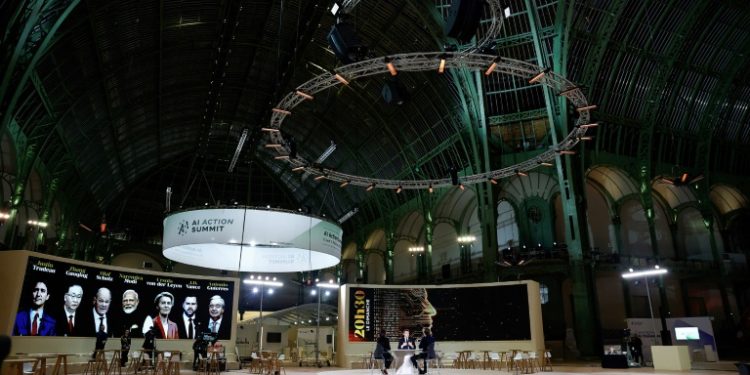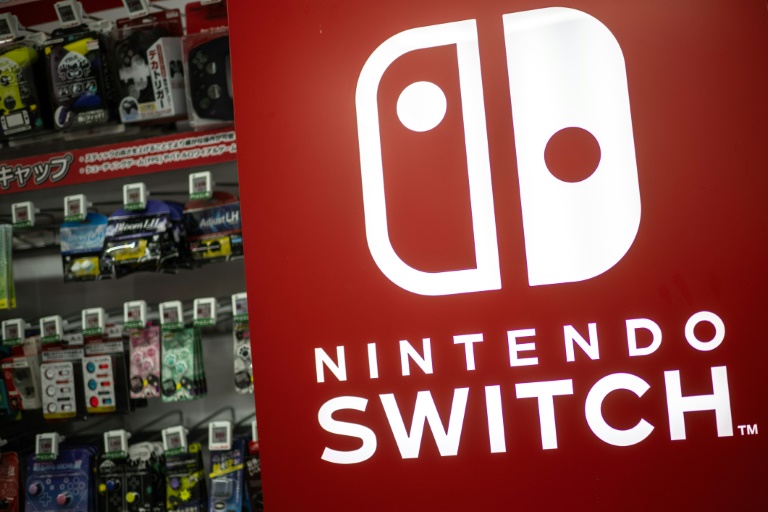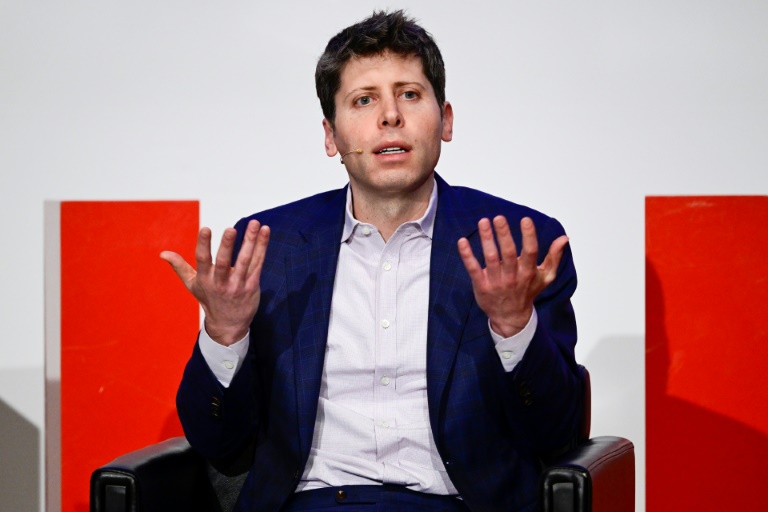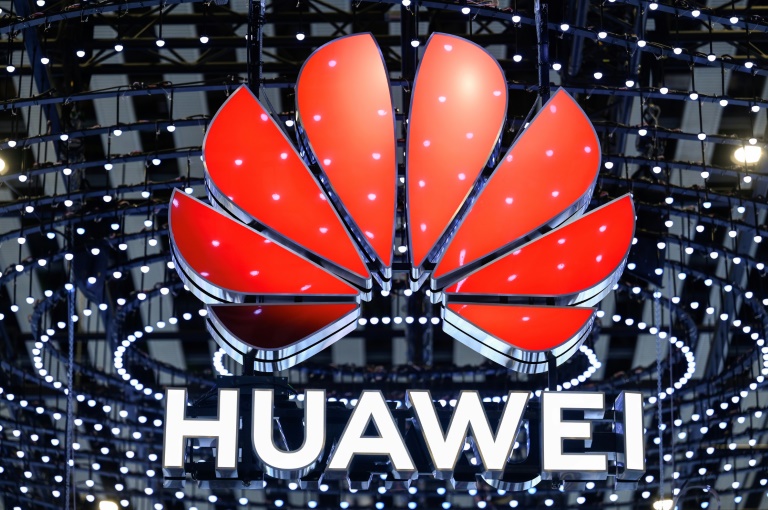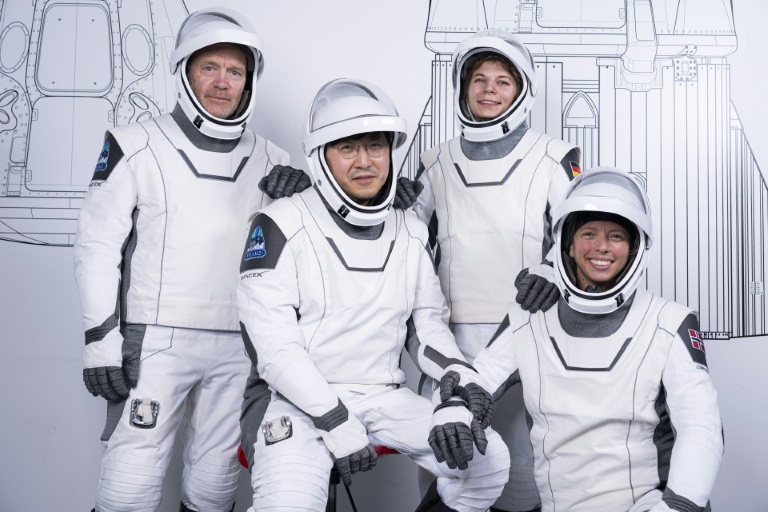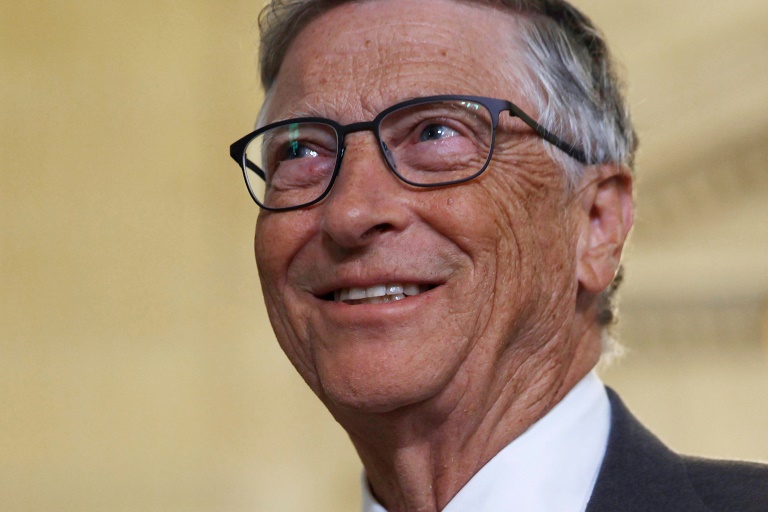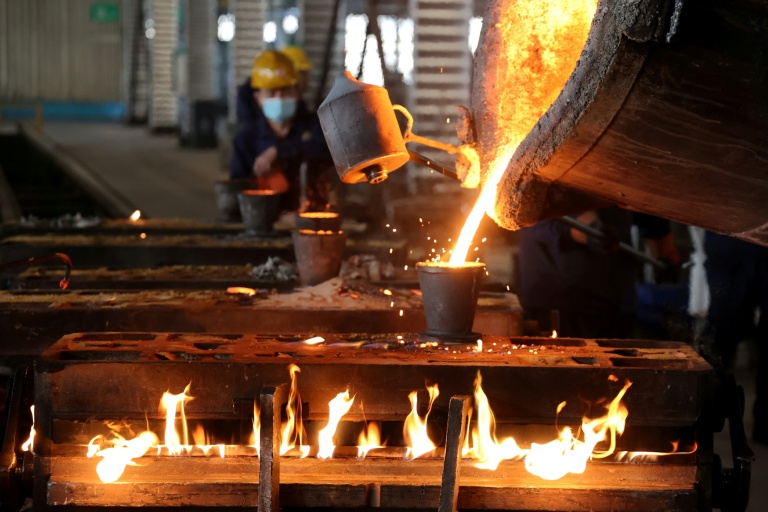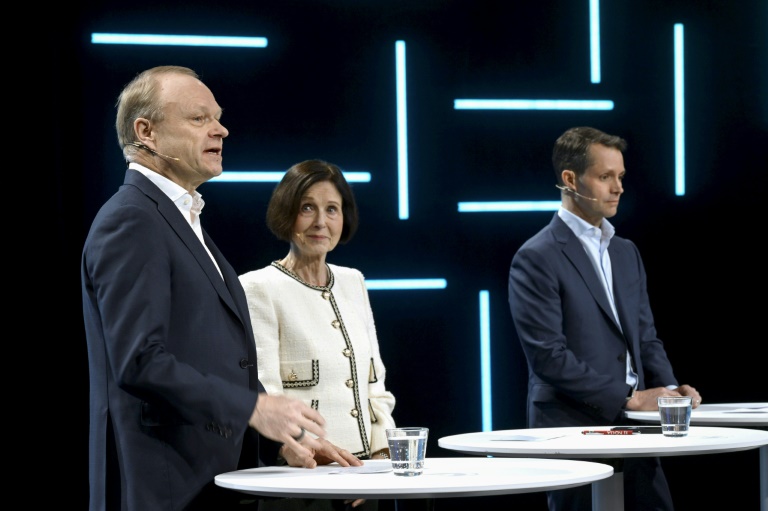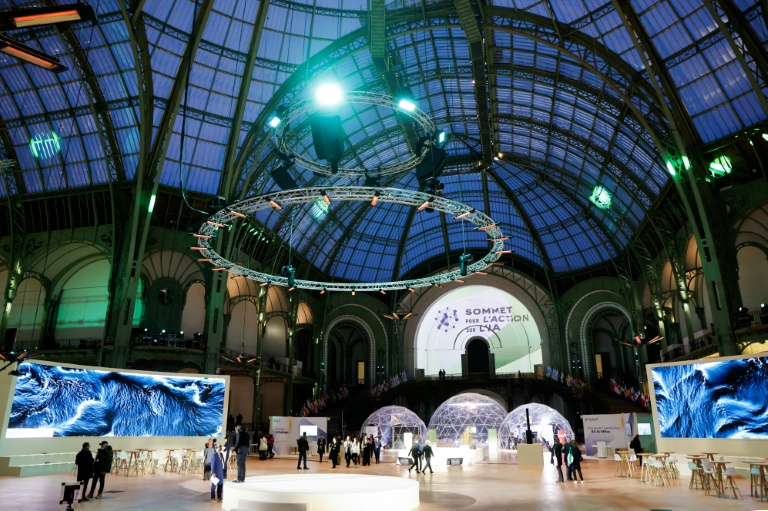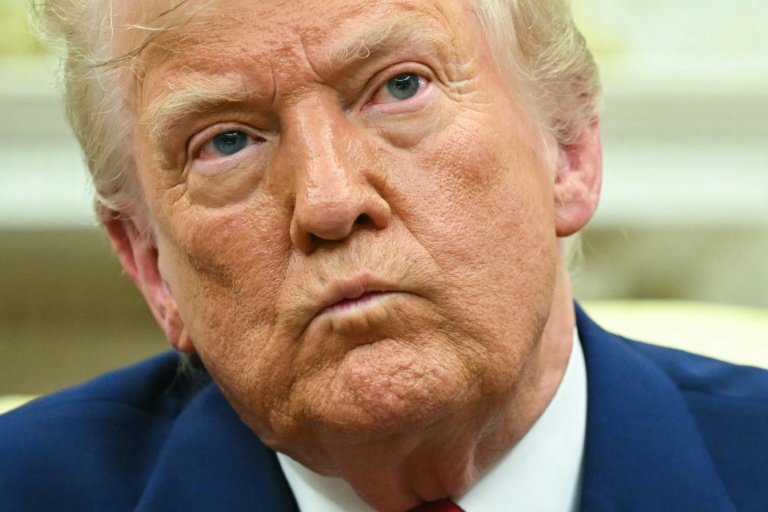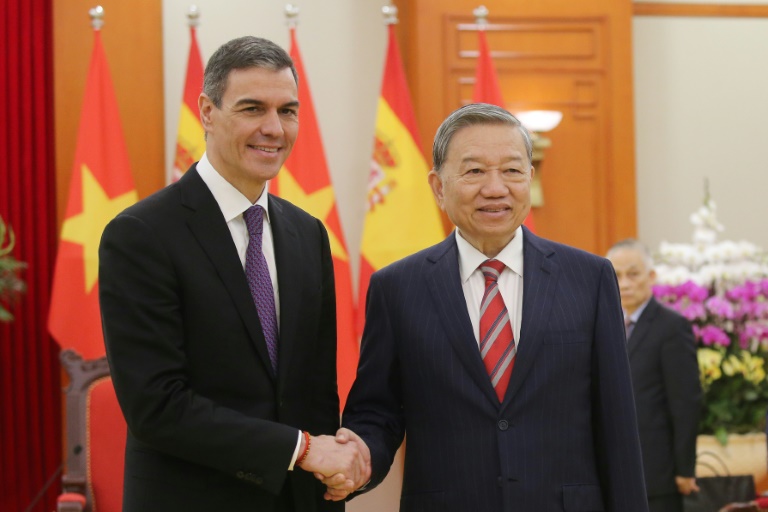Paris (AFP) – Political and tech industry leaders were set to descend on Paris Monday for a two-day summit on artificial intelligence, hoping to find common ground on a technology with the potential to upset global business and society. Co-hosted by French President Emmanuel Macron and Indian Prime Minister Narendra Modi, the gathering’s stated aims include “mapping” AI governance around the world, promoting the idea of more ethical, accessible, and frugal AI, and pushing for European sovereignty over the technology.
Monday’s meeting of around 1,500 guests in the French capital’s opulent Grand Palais will feature lectures and panel discussions outlining the promises of and challenges posed by AI, starting at around 9:30 am (0830 GMT). Political leaders, including US Vice President JD Vance and Chinese Vice Premier Zhang Guoqing, are set to rub shoulders with the likes of OpenAI boss Sam Altman and Google chief Sundar Pichai.
Two years on from the emergence of OpenAI’s ChatGPT chatbot, which is able to respond to all kinds of natural-language prompts, Macron on Sunday trumpeted the benefits of artificial intelligence and French efforts in the field. In a TV interview, he announced plans for “109 billion euros ($113 billion) of investment in artificial intelligence in the coming years” in France. The cash would come from the United Arab Emirates, as well as “major American and Canadian investment funds” and French companies.
Sunday’s 109-billion-euro figure was described as “the equivalent for France of what the US has announced with ‘Stargate’,” the $500-billion US program led by ChatGPT maker OpenAI, he added. The technical challenges and price of entry for nations hoping to keep abreast in the AI race have become clearer in recent weeks. Chinese startup DeepSeek stunned Silicon Valley heavyweights with its low-cost, high-performance AI models. In the United States, President Donald Trump lent the aura of his office to the “Stargate” project, which aims to build computing infrastructure such as data centers. These vast buildings concentrate in one place the data storage and processing power needed to develop and run the most advanced AI models.
“Europe has to find a way to take a position, take some initiative and take back control,” said Sylvain Duranton of the Boston Consulting Group. European Commission chief Ursula von der Leyen is expected to announce around 10 public supercomputers designed for use by researchers and startups while attending the summit.
Away from the investment grandstanding, a group of countries, companies, and philanthropic organizations said Sunday they would pump $400 million into a partnership called “Current AI” that would foster “public interest” approaches to the technology. Current AI aims to raise as much as $2.5 billion for its mission to grant AI developers access to more data, offer open-source tools and infrastructure for programmers to build on, and “develop systems to measure AI’s social and environmental impact.” “We’ve seen the harms of unchecked tech development and the transformative potential it holds when aligned with the public interest,” Current AI founder Martin Tisne stated.
On Tuesday, political leaders from around 100 countries will hold a plenary session, with notable attendees including Modi, Vance, Zhang, and Von der Leyen. France hopes governments will agree on voluntary commitments to make AI sustainable and environmentally friendly. However, any agreement may prove elusive between blocs as diverse as the European Union, United States, China, and India, each with different priorities in tech development and regulation.
© 2024 AFP

